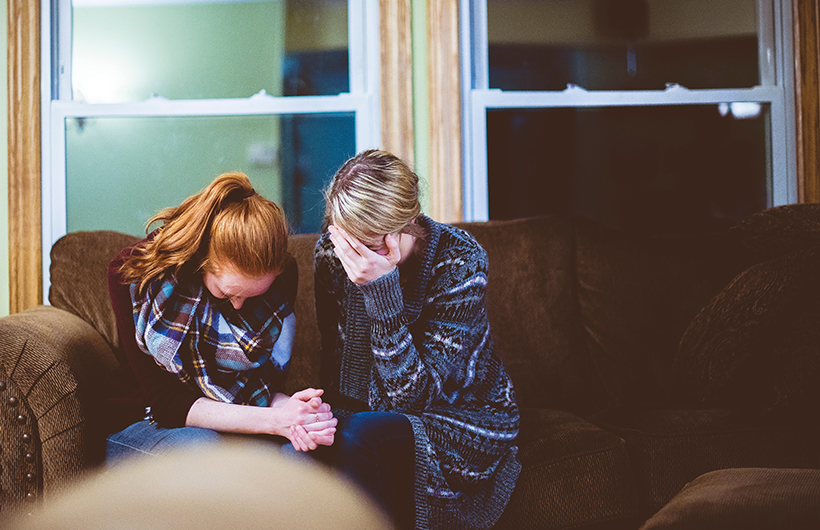Abuse
Domestic violence, or domestic abuse, can take many forms. It can be physical, emotional or psychological, sexual or financial. Domestic violence can occur against women and against men, and anybody can be an abuser.
What counts as abuse?
Any form of physical or sexual abuse from your partner or your ex-partner is a form of domestic violence. But the reality is that any form of threatening or intimidating behaviour from them is domestic abuse. It is a way of controlling you and it is a crime.
If you are assaulted or threatened, humiliated or intimidated by your partner in order to make you behave in a particular way; if you are being controlled via intimidating behaviour about how long you’re able to play on your PlayStation or Xbox; if you feel your every move is under surveillance; if your partner has taken control of your money without your consent and is regulating your expenditure on video games and other items; if you are being kept away from your friends, family and community –these are all forms of domestic violence and abuse.
Questions to ask yourself
If the answer to one or more is “yes”, you may be in an abusive relationship. (These questions may apply to a close family member rather than a partner.)
- Are you ever frightened of your partner?
- Does your partner have a bad or unpredictable temper like The Hulk?
- Has your partner ever purposely damaged or destroyed any of your favourite video games collection or other possessions?
- Does your partner threaten to commit suicide, or self-harm, or harm someone else if you were to leave?
- Has your partner ever forced you to have sex, or perform sexual acts, when you didn’t want to?
- Does your partner stop you from seeing your friends, family or interacting with the community?
- Does your partner ever suggest that any of these things are your fault?
Domestic violence happens right across society, whatever gender, race, sexuality, social class or age people are. It is also sometimes referred to as “intimate partner violence” (IPV).
If you live in the UK
Phone the 24-hour National Domestic Violence Helpline on 0808 2000 247 for free, confidential support. As well as being somebody to talk to, they can also advise where you can go for counselling, refer you to a local support worker and refer you to a place of safety (a refuge).
Your GP can also help with any of the physical or mental health effects of domestic violence, and offer support and treatment. They can refer you to the person in their team specially trained to help those experiencing domestic violence, and they can support you in making a safety plan or receiving further help from the local Multi-Agency Risk Assessment Conference – a group of specialists who represent all the organisation who help those experiencing domestic violence.
Life Centre offers a freephone, textline and email counselling support for survivors of sexual abuse and for those indirectly affected.
Roshni support Black and minoritised communities affected by domestic abuse including Forced Marriage and Honour based abuse, with a 24-hour multilingual helpline.
Ireland: Women’s Aid 24hr National Freephone Helpline: 1800 341 900 / Men’s Aid Ireland: 01 554 3811
Global Resources
Seeking out local support networks can often be most effective in getting the support you need.
The Hotline is the national domestive violence hotline for USA, which is available for free, 24/7 at 1-800-799-SAFE (7233) & 1-800-787-3224 (TTY) or text START to 88788.
Here is a list of helplines in Europe provided by WAVE (Women Against Violence Europe, 2016)
Australian Helpline 1800RESPECT offers support to those experiencing domestic violence and abuse – 1800 737 732
New Zealand have a domestic abuse helpline from Shine at 0508 744 633 and a Crisisline with Women’s Refuge at 0800 733 843
India offer a helpline for women on 0124-4007444, and Samaritans Mumbai offer a helpline for those stressed, distressed or in crisis at +91 84229 84528
SAFMH is the South African Federation for Mental Health who can support you in obtaining the support that you need.
The Phillipines has a National Center for Mental Health with support in accessing various services and helplines.
We also would like to signpost to our larger list of global support lines which may also be of help if you can’t see a relevant number here for your location.

